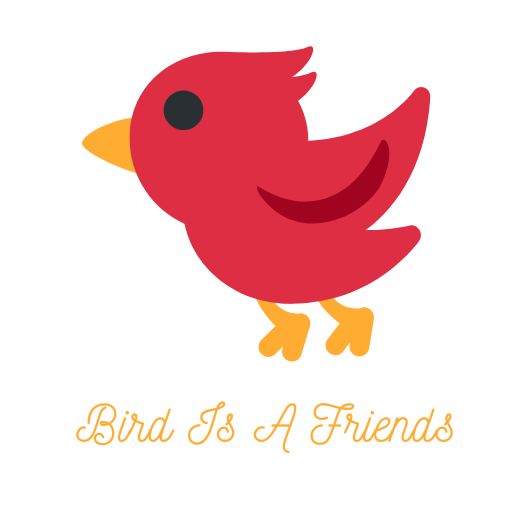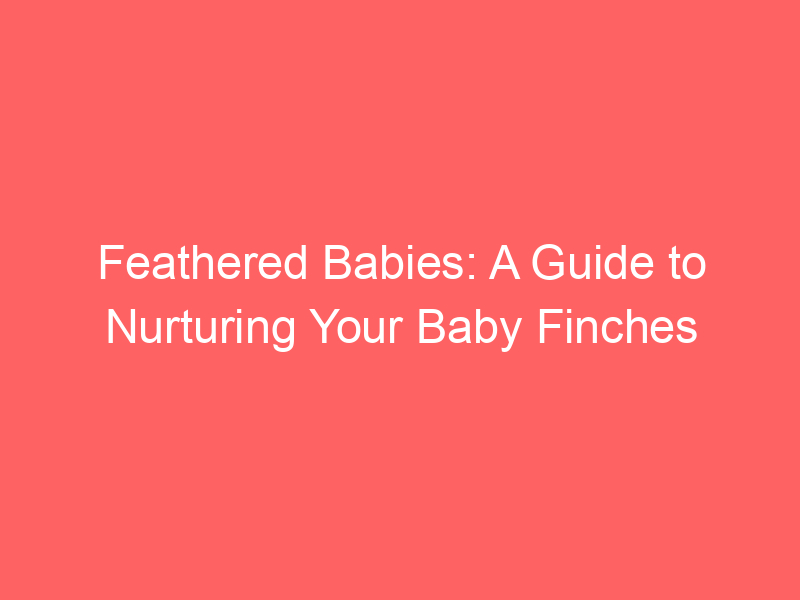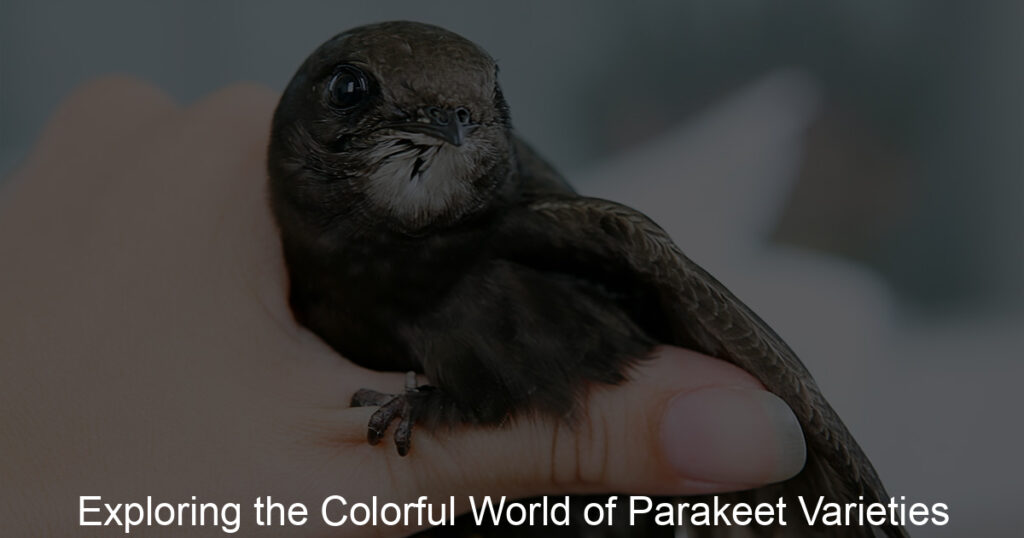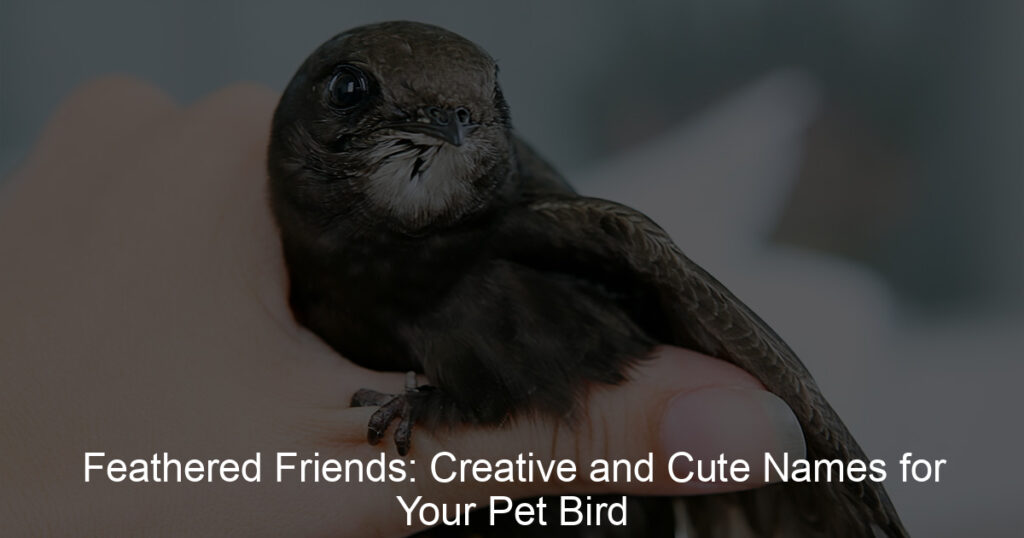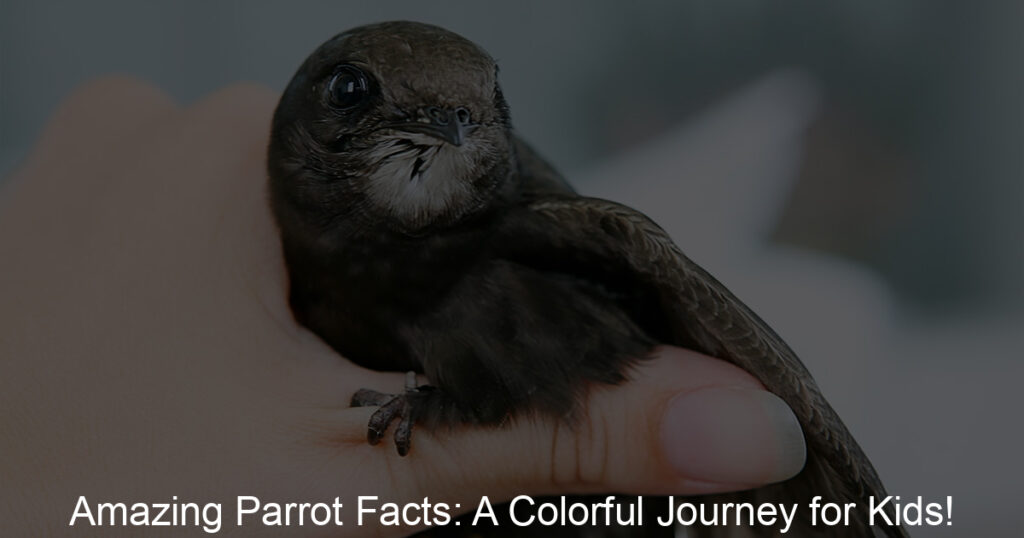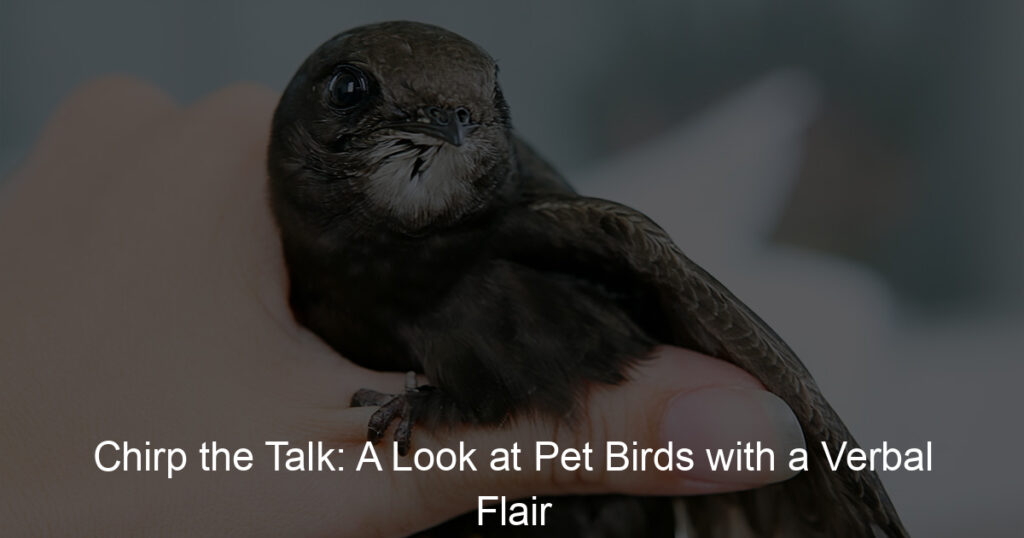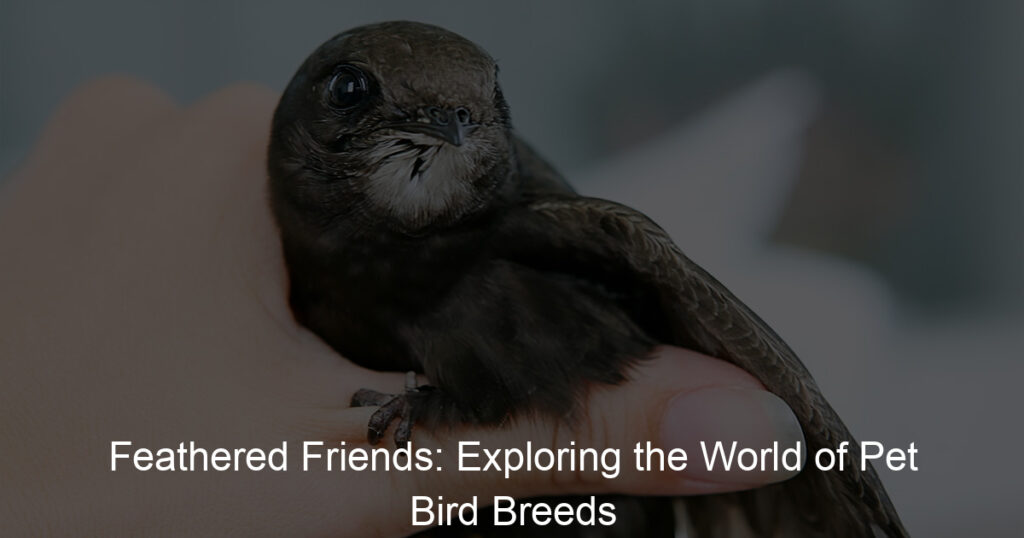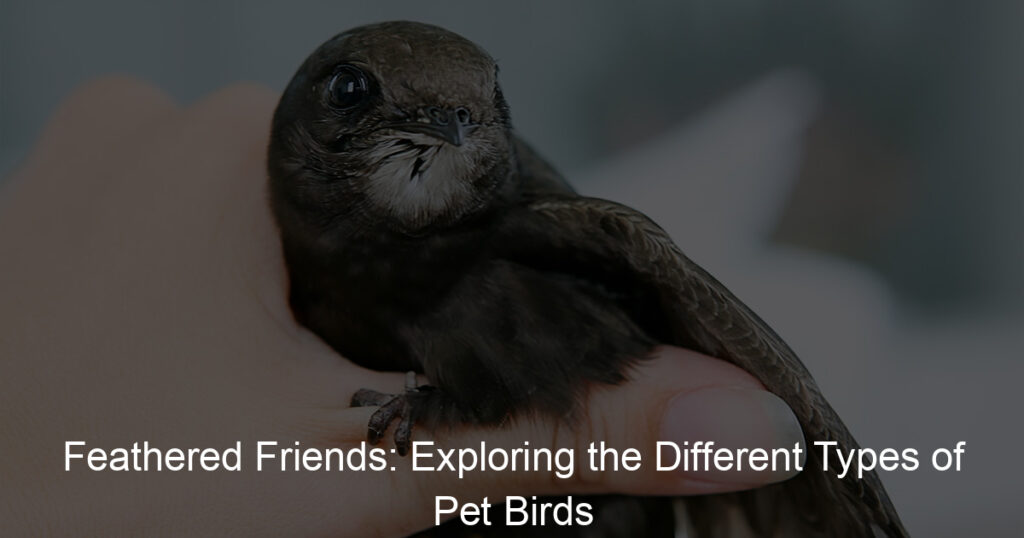
Introduction to Finch Baby Care
Welcome to our comprehensive guide on Finch baby care. This guide is designed to help you understand the basics of caring for these delicate creatures and the importance of providing them with the right care. Let’s dive in!
- Understanding the Basics of Finch Baby Care
Finches are small birds that are loved for their vibrant colors and melodious songs. Baby finches, also known as chicks, require special care and attention to grow into healthy adults. The first few weeks of a baby finch’s life are crucial. During this time, they need to be kept warm, fed regularly, and protected from harm.
Feeding baby finches can be a bit tricky. They need to be fed every 2-3 hours with a special formula made for baby birds. This formula should be served warm, not hot, to avoid burning the chick’s mouth. It’s also important to keep the feeding area clean to prevent infections.
Keeping baby finches warm is another important aspect of their care. They cannot regulate their body temperature like adult birds. Therefore, they need to be kept in a warm environment, ideally around 95 degrees Fahrenheit for the first week, gradually reducing the temperature as they grow.
- Importance of Proper Care for Baby Finches
Providing proper care for baby finches is not just about keeping them alive. It’s about ensuring they grow into healthy, happy, and well-adjusted adult birds. Proper care can significantly impact a baby finch’s development, lifespan, and quality of life.
Improper care can lead to health issues like malnutrition, infections, and stunted growth. It can also lead to behavioral issues, like fear of humans or other birds. On the other hand, proper care can lead to a long, healthy life for your finch, full of song and color.
Remember, caring for a baby finch is a big responsibility. But with the right knowledge and a little patience, it can also be a rewarding experience. So, let’s continue our journey into the world of baby finch care!
Handling Finch Babies
Understanding the correct way to handle baby finches is crucial for their health and well-being. It’s important to know when and how to handle these delicate creatures to ensure their safety and promote their growth. This section will guide you through the process.
When to Handle Finch Babies
Knowing when to handle baby finches is as important as knowing how to do it. Here are some key points to consider:
- Understanding the right age for handling
- Signs that a baby Finch is ready to be handled
It’s generally recommended to avoid handling baby finches until they are at least 3 weeks old. Before this age, they are extremely delicate and susceptible to injury. However, if there’s a need to intervene for health or safety reasons, it should be done with utmost care.
There are certain signs that indicate a baby finch is ready to be handled. These include the development of feathers, the ability to perch, and a general increase in activity. If the baby finch is still mostly immobile and has not yet developed feathers, it’s best to limit handling as much as possible.
Remember, each baby finch is unique and may develop at a different pace. Always observe their behavior and physical development before deciding to handle them. When in doubt, it’s best to consult with a professional or experienced bird handler.
How to Handle Finch Babies
Handling baby Finches requires a gentle touch and a lot of care. It’s important to know the proper techniques and precautions to ensure the safety and well-being of these delicate creatures. Let’s explore these in detail.
- Proper techniques for handling baby Finches
When handling baby Finches, it’s crucial to be gentle and patient. Here are some tips:
- Wash your hands: Always wash your hands before handling baby Finches. This helps to prevent the spread of germs and diseases.
- Use a soft touch: Baby Finches are delicate. Use a soft touch and avoid squeezing or holding them too tightly.
- Limit handling time: Try to limit the amount of time you handle the baby Finch. Too much handling can cause stress to the bird.
- Precautions to take when handling baby Finches
There are several precautions to take when handling baby Finches to ensure their safety:
- Monitor their reactions: Pay close attention to the baby Finch’s reactions. If they appear stressed or uncomfortable, it’s best to return them to their nest.
- Keep them warm: Baby Finches can’t regulate their body temperature. Ensure they stay warm during handling.
- Avoid sudden movements: Quick or sudden movements can scare the baby Finch. Move slowly and calmly to keep them at ease.
Remember, the goal is to provide the best care for these baby Finches. By following these techniques and precautions, you can ensure their safety and well-being.
Caring for Baby Finches
One of the most critical aspects of caring for baby finches is understanding their dietary needs and feeding them properly. This section will guide you on how to provide the best nutrition for your baby finches.
Feeding Baby Finches
Feeding baby finches can be a delicate task, but with the right knowledge and patience, you can ensure they grow up healthy and strong.
- Understanding the diet of a baby Finch
- How to feed baby Finches
- Prepare the food: Mix the boiled egg, soaked bread, and bird food to create a soft, mushy mixture.
- Feed the hatchlings: Using a small spoon or a syringe, gently feed the baby finches. Be careful not to overfeed them.
- Monitor their health: Keep an eye on their health and growth. If you notice any changes in their behavior or physical appearance, consult a vet immediately.
Baby finches, also known as hatchlings, require a diet rich in protein for their rapid growth and development. They primarily feed on a mixture of soft foods, including boiled eggs, bread soaked in milk, and commercial bird food. It’s essential to provide them with a balanced diet to ensure they get all the necessary nutrients.
Feeding baby finches requires a gentle hand and a lot of care. Here are some steps to follow:
Remember, caring for baby finches is a big responsibility. But with the right knowledge and care, you can ensure they grow up to be healthy, happy birds.
Baby Finch Health Care
Keeping your baby Finch healthy is a top priority. It’s important to understand the common health issues that can affect these little birds and how to maintain their health. Let’s dive in and learn more about this crucial aspect of baby Finch care.
- Common health issues in baby Finches
- Parasites: These can include mites, lice, and worms. They can cause discomfort and health problems if not treated.
- Respiratory issues: These can be caused by a variety of factors, such as poor air quality or infection.
- Nutritional deficiencies: A lack of proper nutrition can lead to a variety of health problems, including weakened immune systems and poor growth.
- How to maintain the health of your baby Finch
- Provide a balanced diet: This should include a mix of seeds, fruits, and vegetables. Avoid feeding your Finch foods that are high in fat or sugar.
- Keep the cage clean: Regularly clean your Finch’s cage to prevent the build-up of waste and bacteria.
- Regular vet check-ups: Regular visits to the vet can help catch any potential health issues early.
Baby Finches, like all birds, can be susceptible to a variety of health issues. Some of the most common include:
It’s important to monitor your baby Finch for signs of these issues. If you notice anything unusual, it’s best to consult with a vet who specializes in birds.
Maintaining the health of your baby Finch involves a combination of proper diet, clean living conditions, and regular check-ups. Here are some tips:
Remember, a healthy Finch is a happy Finch. By taking these steps, you can help ensure your baby Finch grows up strong and healthy.
Baby Finch Care Tips
When it comes to raising baby finches, two key factors play a significant role in their growth and development. These are creating a safe environment and closely monitoring their growth. Let’s delve into these aspects in detail.
- Creating a Safe Environment for Baby Finches
Creating a safe and comfortable environment for your baby finches is the first step towards their healthy growth. Here are some tips to help you with this:
- Cage Size: Baby finches need space to move around and spread their wings. A cage that is at least 18 inches long, 18 inches deep, and 24 inches wide is ideal.
- Cage Location: Place the cage in a quiet, low-traffic area of your home. Avoid areas with drafts or direct sunlight.
- Bedding: Use paper-based bedding in the cage. It’s soft, absorbent, and easy to clean.
- Food and Water: Provide fresh food and water daily. Baby finches eat a diet of seeds, fruits, and vegetables.
- Toys: Include safe toys and perches in the cage for stimulation.
- Monitoring the Growth and Development of Baby Finches
Monitoring your baby finches’ growth and development is crucial to ensure they are healthy and thriving. Here’s what you should look out for:
- Weight Gain: Baby finches should steadily gain weight. A sudden loss or lack of weight gain could indicate a health problem.
- Feather Growth: Baby finches should start growing feathers within their first two weeks. If they don’t, it could be a sign of malnutrition or illness.
- Activity Level: Baby finches should be active and alert. If they are lethargic or unresponsive, they may be sick.
- Appetite: Baby finches should have a good appetite. If they’re not eating enough, it could be a sign of illness.
Remember, every baby finch is unique and may grow at a different rate. If you’re ever in doubt about your baby finch’s health or development, it’s always best to consult with a vet.
Raising Baby Finches
One of the most rewarding aspects of owning finches is the opportunity to raise baby finches. This process, while challenging, can be incredibly fulfilling. Let’s delve into the growth stages of these adorable creatures.
Understanding the Growth Stages of Baby Finches
Understanding the growth stages of baby finches is crucial in providing them with the right care at the right time. Let’s explore these stages in detail.
- Stages of development in baby Finches
- What to expect as your baby Finch grows
There are four main stages in the development of a baby Finch:
| Stage | Description |
|---|---|
| Hatching | This is the stage when the baby Finch breaks free from its egg. They are blind and featherless at this stage. |
| Nestling | At this stage, the baby Finch starts to grow feathers. They are still unable to fly and depend on their parents for food. |
| Fledgling | The Finch is now able to leave the nest and start flying. However, they still rely on their parents for food. |
| Independence | At this stage, the Finch is fully grown and can find food on its own. They are now ready to start their own families. |
As your baby Finch grows, you will notice a variety of changes. Initially, they will be completely dependent on their parents for warmth and food. As they grow feathers and learn to fly, they will start exploring their surroundings. Eventually, they will become independent and capable of finding their own food. It’s a fascinating journey to observe!
Understanding these stages will help you provide the best care for your baby Finch. Remember, every Finch is unique and may develop at its own pace. Patience and careful observation are key in this exciting journey of raising baby Finches.
Training and Socializing Baby Finches
Training and socializing your baby finch is an essential part of their growth and development. It helps them become well-adjusted adults and enhances their overall wellbeing. Let’s delve into how you can effectively train and introduce your baby finch to other birds.
- How to Train Your Baby Finch
- Introducing Your Baby Finch to Other Birds
Training a baby finch requires patience and consistency. Start with simple commands like stepping up onto your finger. Always reward good behavior with treats, such as millet sprays, to reinforce positive actions. Remember, training sessions should be short and frequent to avoid overwhelming your bird.
Introducing your baby finch to other birds should be done gradually. Start by placing their cages near each other for a few days, allowing them to get used to each other’s presence. Then, under close supervision, allow them to interact in a neutral space. It’s normal for there to be some squabbles at first, but with time, they should start to get along.
Training and socializing your baby finch not only enhances their mental stimulation but also promotes their overall health. Remember, every bird is unique, so what works for one might not work for another. Always observe your bird’s behavior and adjust your approach as needed.
| Training Tips | Socializing Tips |
|---|---|
| Start with simple commands | Introduce gradually |
| Use treats as rewards | Use neutral spaces for first interactions |
| Keep sessions short and frequent | Supervise initial interactions |
Conclusion: Your Baby Finch Care Guide
In this guide, we’ve covered everything you need to know about caring for a baby Finch. Let’s recap the key points and share some final thoughts on raising a healthy, happy baby Finch.
- Recap of key points in Finch baby care:
- Final thoughts on raising a healthy, happy baby Finch:
Firstly, remember that handling baby Finches should be kept to a minimum. They are delicate creatures and too much handling can cause stress. Secondly, providing the right food is crucial. Baby Finches thrive on a diet of Finch seeds, fruits, and vegetables. Thirdly, maintaining a clean and safe environment is a must. Regularly clean the cage and ensure it’s free from hazards. Lastly, monitor your baby Finch’s health closely. Look out for signs of illness and consult a vet if needed.
Raising a baby Finch is a rewarding experience. It requires patience, dedication, and a deep understanding of their needs. Remember, every Finch is unique and may require different care. Stay observant, be responsive to their needs, and you’ll have a healthy, happy baby Finch in no time. As the saying goes, “The best thing you can do for a bird is to let it fly.” So, provide your Finch with the best care possible and watch it flourish.
With this guide, we hope you feel confident and prepared to take on the wonderful journey of raising a baby Finch. Good luck!
